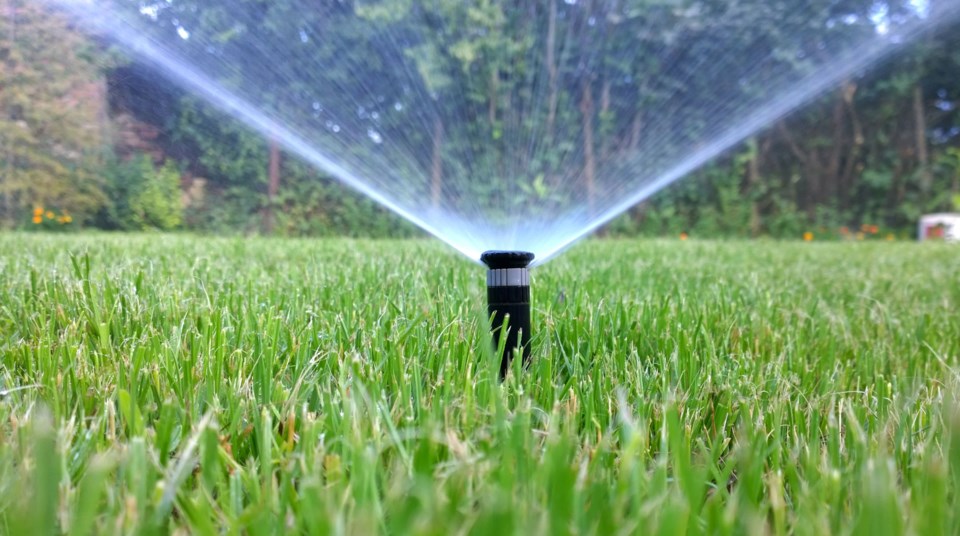Metro Â鶹´«Ã½Ó³»will implement Stage 2 watering restrictions — which prohibits all lawn watering — starting Friday, Aug. 4, due to continued high water demand and forecasted hot, dry weather.
“Use of our treated drinking water remains higher than average, and with more hot weather on the horizon, we are taking this proactive step to ensure that our region’s 2.8 million residents will have enough drinking water for essential uses for the rest of the dry season,” said Metro chair and Delta Mayor George Harvie.
Metro Â鶹´«Ã½Ó³»typically delivers one billion litres of treated drinking water each day, however, that number can increase by more than 50 per cent during the summer, largely due to lawn watering and other outdoor uses. Since the beginning of May, water consumption across the region has been about 20 per cent higher than last year, with residents using more water every single day compared to 2022.
“Consistent above-average temperatures combined with high water demand have put extra pressure on the water supply,” said Malcolm Brodie, chair of Metro Vancouver’s Water Committee. “Water conservation is imperative, and everyone must do their part. The number one thing residents can do is reduce their outdoor water use.”
Water restrictions are part of Metro Vancouver’s Drinking Water Conservation Plan, a regional policy developed with member jurisdictions and other stakeholders to manage the outdoor use of drinking water during periods of high demand, as well as during water shortages and emergencies.
Under Stage 2:
*All lawn watering is prohibited
*Trees, shrubs, and flowers can be watered by hand or using soaker hoses or drip irrigation at any time, or by using a sprinkler between 5 and 9 a.m. any day
*Vegetable gardens can be watered at any time
*Aesthetic water features, such as fountains, cannot be filled or topped up
*Washing impermeable surfaces like driveways and sidewalks is prohibited except in limited circumstances
*Non-residential properties are subject to similar restrictions on lawn and garden watering, as well as filling and topping up aesthetic water features and washing impermeable surfaces. Watering at golf courses and sports fields is reduced, but they can still water to protect these private and public assets — many use supplemental water sources or are operating under an approved member jurisdiction water management plan. *Water play parks may not operate unless they have user-activated switches.
These restrictions do not apply to the use of rain water, grey water, any forms of recycled water, or other sources of water outside the regional and municipal drinking water supply system.
The last time Metro Â鶹´«Ã½Ó³»moved beyond Stage 1 was in 2015, when conditions were relatively dry and there was a low snowpack.
The Drinking Water Conservation Plan applies to the use of drinking water from Metro Vancouver’s system in the Greater Â鶹´«Ã½Ó³»Water District. Metro Â鶹´«Ã½Ó³»member jurisdictions enforce the lawn watering regulations with fines ranging up to $500 per violation in Stage 2.
Metro Â鶹´«Ã½Ó³»collaborates with member jurisdictions to plan for and deliver drinking water services to 2.8 million residents using a system of water supply areas, dams, treatment facilities, reservoirs, pump stations, and water mains. Upgrades are regularly made to the system to maintain the regional district’s ability to reliably provide high-quality drinking water.
Find tips and tricks for indoor and outdoor water conservation at .
